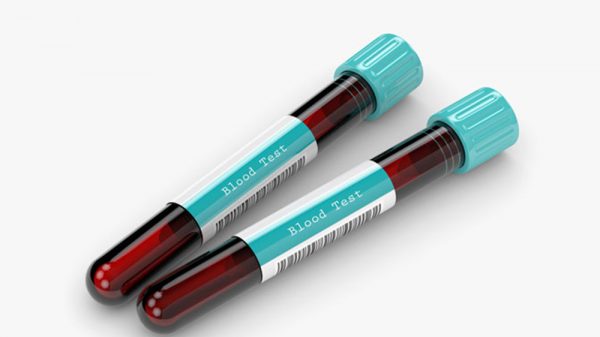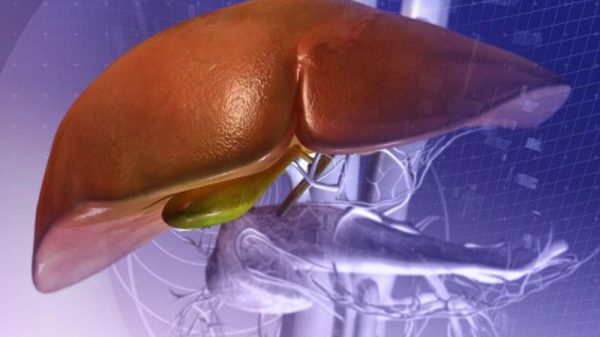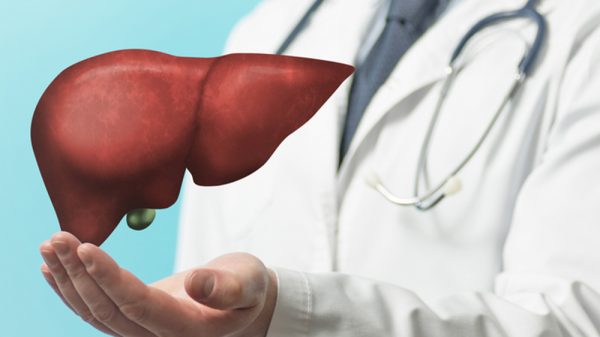Living with any disease isn’t something so easy. Even with the simplest of infections sure comes with a lot of discomforts as well as weakness. And that’s because the immune system is quite weak. It has been invaded by foreign bodies that weaken the body. Well, this is actually at a mild level. For diseases that are chronic and quite severe, the story is a whole lot different. Talk about so many different symptoms that accompany the disease. As well as the fact that you might not be living for that long. That’s one fear that comes with some diseases. With cirrhosis, this the case for patients with this condition. That’s why we will be looking at stage 3 cirrhosis of liver life expectancy.
Different conditions come with different life expectancies. For some conditions, life expectancy is quite long. It could be over 10-15 years. While for some the life expectancy is quite short. It could be as small as 3 months. But one thing that you must bear in mind is that the life expectancy of a condition is just a speculation. No one knows how years or months a person would be living for. There are times that the person would live longer. And there are times that the person might die earlier. And this is because there are a lot of factors surrounding this.
What is Cirrhosis of the Liver?
Cirrhosis is used to describe a liver that is shrunken, scarred, or hardened. When the liver is damaged for a long time, cirrhosis is that point where the liver can’t repair itself. When this happens the liver starts to fail. And this would lead to symptoms and sometimes complications. At the very last stage, it could lead to the death of the patient.
The thing with cirrhosis is that it can actually be repaired. That, of course, is if it is diagnosed very early. Well, this is just like many other diseases out there. With early diagnosis, the chances of survival are actually higher.
One of the risk factors for having this disease is chronic hepatitis. It could be either type B or C. As well as the chronic consumption of alcohol. The risk becomes even higher when a person has fatty liver disease, autoimmune liver diseases as well as rare inherited diseases.
When it comes to preventing cirrhosis, knowing your tolerance for alcohol is very important. Also, make sure that you are just an occasional drinker. One other thing you can do is be careful of the drugs you take. That’s because the liver is the site of metabolism for many of these drugs. Taking some of these drugs over a long period of time would tire out the liver. And this would lead to the inflammation of the liver.
Well, for people in the early stage one way out is opting for a cirrhosis diet. The aim of this diet is to reduce the amount of work that the liver does. That’s why in this diet there is reduced sodium consumption. This would lead to reduced swelling as well as the maintenance of healthy body weight. If the cause of cirrhosis is an underlying liver disease you might want to opt for a liver-friendly diet as well.
These are some of the symptoms that come with cirrhosis. They are:
- Loss of appetite
- Easy bruising and bleeding
- Fatigue
- Nausea
- Weight loss
- Edema
- Itchy skin
- Accumulation of fluid in the abdomen
- Yellow discoloration of the eyes and skin
- Redness of the palms
- Drowsiness, confusion and slurred speech
Stage 3 Cirrhosis of The Liver Life Expectancy
It’s during the third stage of the disease that fluid accumulates in the abdomen. The clinical symptoms in this stage are very glaring. Some of them are fatigue, yellowing of the skin, weight loss, and confusion. At this stage, cirrhosis is considered to be irreversible.
When diagnosed at stage 3 the survival rate for a year is about 80%. At this stage, the doctor might recommend that a liver transplant should be done. There are chances that the body would reject the transplant. But then again if the transplant is successful the success rate is 80% for more than 5 years after the operation.
One thing though that you must bear in mind is that for cirrhosis predicting life expectancy at the late stages is quite hard. That’s because for different patients the case is unique. The life expectancy given is just an estimate calculated based on different factors. So take note that the life expectancy stated above isn’t definite.
What Can be Done?
So there are a few things that can be done when someone has cirrhosis of the liver. Some of them are:
- Stopping the progression: One way to stop the progression is to make some lifestyle changes. Which includes improving your diet and reducing alcohol intake. Well, this would not help out with treating the condition but it would help out with reducing the damage being done. Another thing that can be done is treating hepatitis infection. That, of course, is if you have a hepatitis infection.
- Managing the effects of cirrhosis: Another thing that can be done in managing the symptoms that come with cirrhosis. This would help deal with complications that might want to arise. It’s important that regular tests are being carried out. This would help the doctor know the exact cause of the symptoms. And with that management options will be provided to you.
- Dealing with portal hypertension and bleeding: There are certain drugs that help reduce the risk of bleeding. One of the drugs is beta-blockers. If there is serious bleeding, the first thing that would be done is that the fluid would be replaced. After that, the cause of bleeding would be identified.
So these are some of the things that can be done when a person has cirrhosis. And when all these are done you can be sure that you would be able to increase stage 3 cirrhosis of the liver life expectancy.























